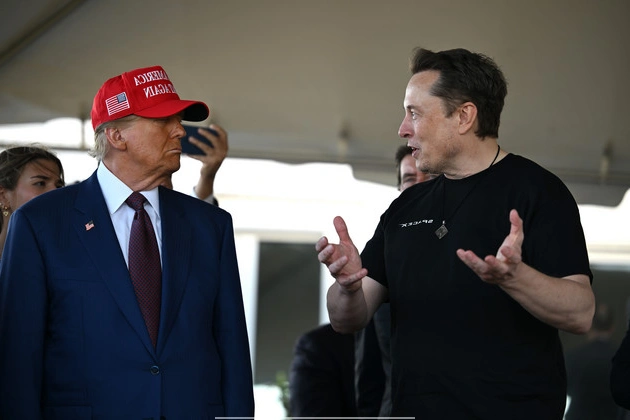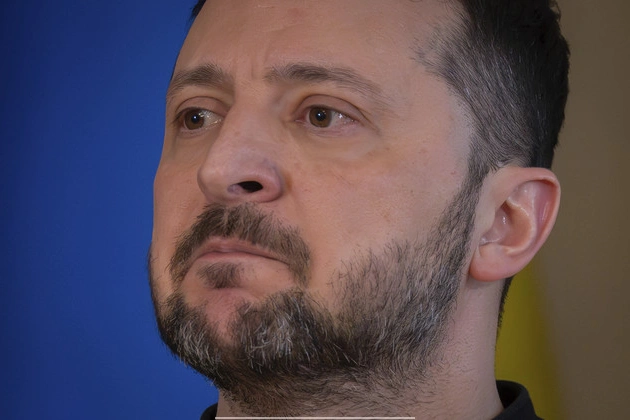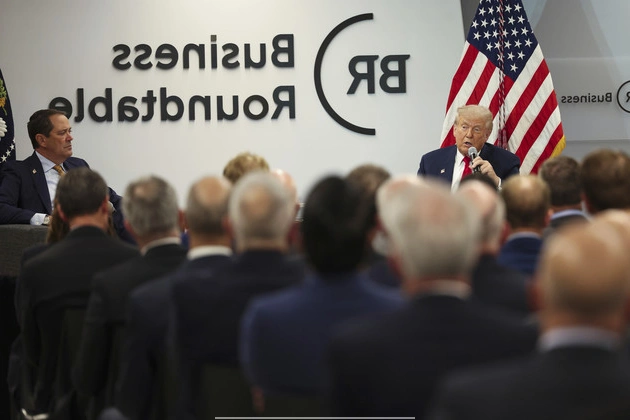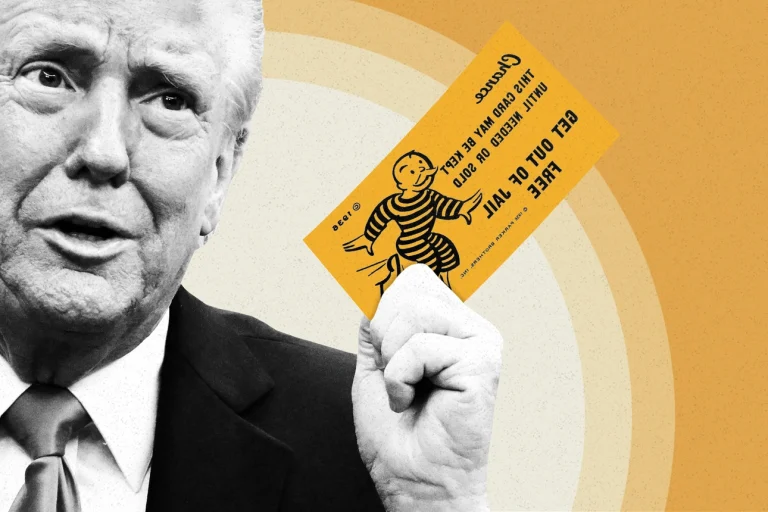
Elon Musk has expressed interest in a unique proposal involving distributing DOGE dividend checks to American taxpayers as a way to share in the government savings. The plan, initiated by Azoria CEO James Fishback, aims to return 20% of the Department of Government Efficiency’s savings to citizens in the form of direct payments.
The Concept of DOGE Dividend Checks
James Fishback envisions a scenario where if Musk achieves his ambitious $2 trillion government savings goal, $400 billion could be allocated back to taxpayers. This translates to approximately $5,000 per household for the 78 million households paying federal income tax.
Challenges and Considerations
While the idea of distributing DOGE dividend checks is intriguing, budget experts caution that such a program would necessitate congressional approval. There are differing opinions among lawmakers on how the savings should be utilized, with some advocating for debt reduction and others proposing extensions of tax provisions from previous administrations.
Former OMB official F. Stevens Redburn emphasizes the importance of estimating savings, gaining congressional approval, and determining the distribution method for any potential rebates.
Legal Scrutiny and Previous Stimulus Efforts
Despite the potential benefits, the legal status of DOGE and the feasibility of Musk’s plans face uncertainties. Notably, during his presidency, Donald Trump authorized stimulus checks to support Americans during challenging times.
The concept of government-issued checks has garnered political attention, with former President Joe Biden reflecting on the impact of such initiatives.
As Musk and Fishback explore the feasibility of the DOGE dividend proposal, the future remains uncertain, with various stakeholders and legal considerations in play.















